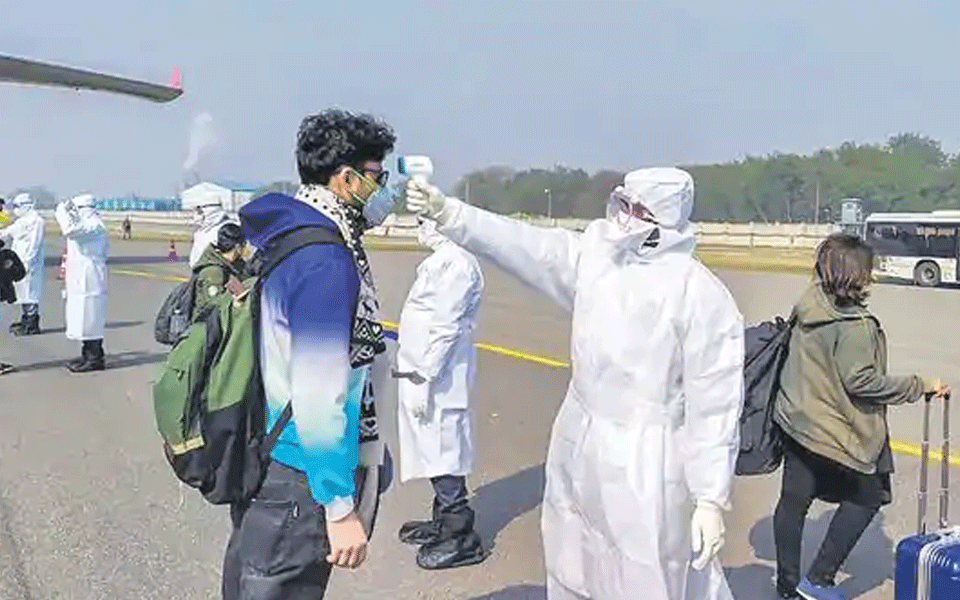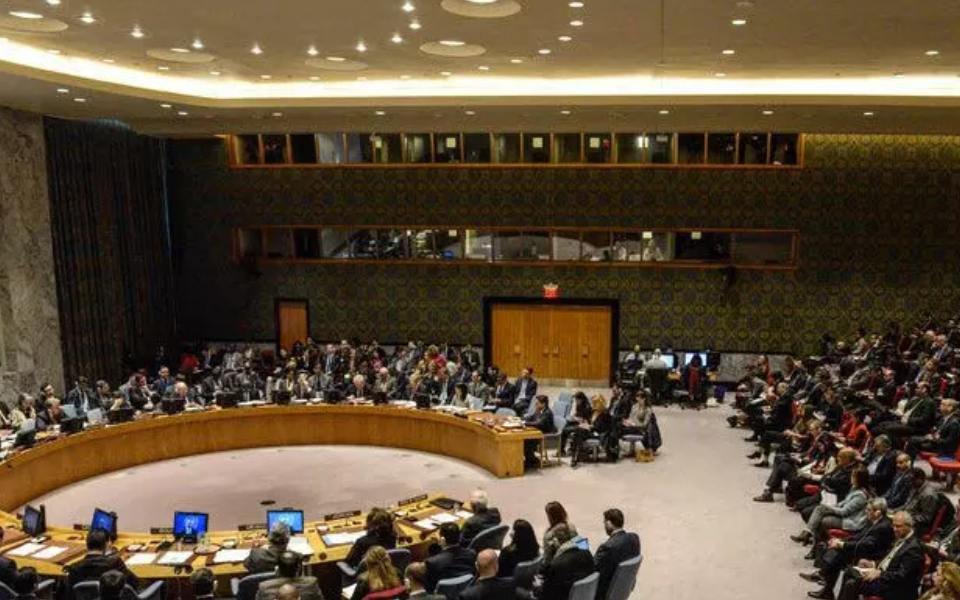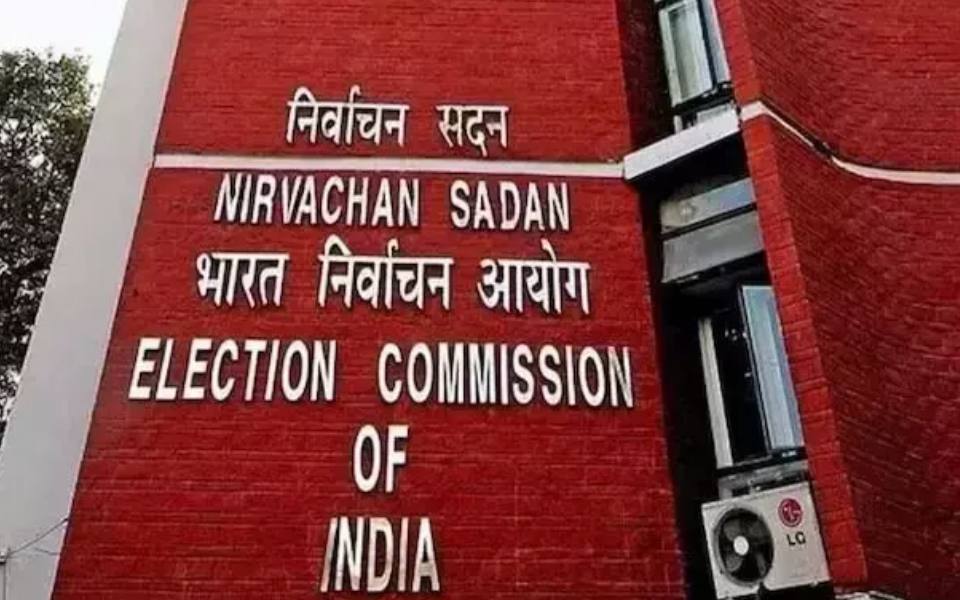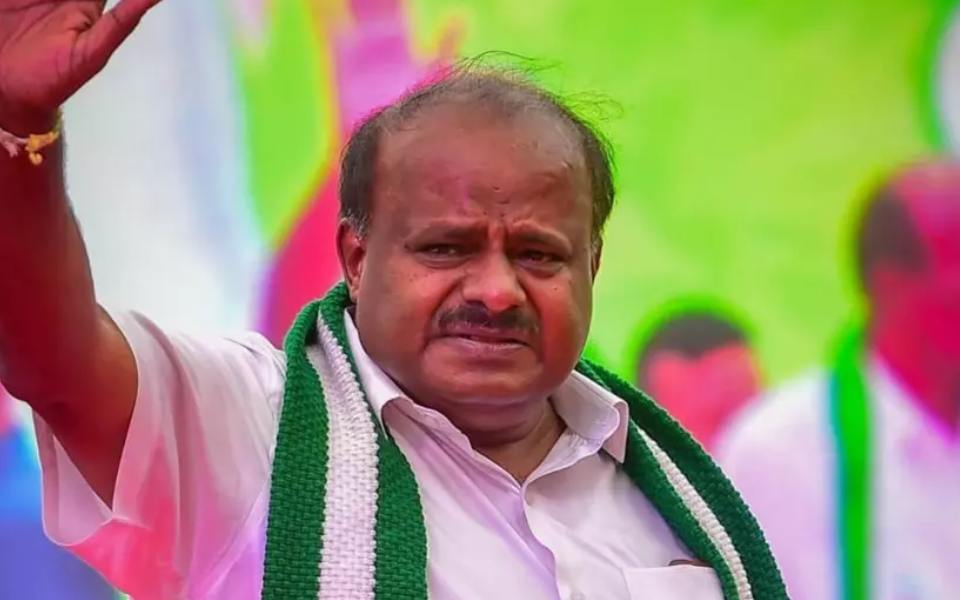Beijing/Wuhan: A few daring Indians, who remained in Wuhan where the novel coronavirus first emerged and then became a global pandemic, have a word of advice for their compatriots back home: follow the strict lockdown and self-isolation measures to arrest the spread of the deadly disease.
Speaking to PTI, the Indian nationals in Wuhan said they were very happy that their 76-day suffering due to the strict lockdown came to an end on Wednesday when the authorities lifted the restrictions in the central Chinese city of 11 million people.
"For over 73 days, I stayed put in my room, stepped out to my lab close by with permission. Today I struggle to speak properly because I have not spoken much all these weeks as there is no one to speak because everyone stayed indoors," said Arunjith T Sathrajith, a hydrobiolgist working in Wuhan.
India evacuated about 700 Indians and foreigners through two special Air India flights, but Arunjith, who is from Kerala, decided to stay in Wuhan and brave it all because he felt "escaping" from a troubled place was not the ideal thing for "Indians to do".
He is one of the few Indians who chose to stay back in Wuhan, a city of 11 million people and the epicentre of the pandemic. He also thought his return to Kerala could endanger his parents and in-laws, all over 50 years, besides his wife and child.
A microbiologist-turned-hydrobiologist who is taking part in a research project in the central Chinese city, he said India had done the right thing to go for a nationwide lockdown, but the major problem for the country could surface when the monsoon season arises as people's immunity levels go down.
That is the time virus could turn virulent, Arunjith said. If there is any lesson Wuhan offers, it is the strict lockdown and people's participation in self-isolation campaign, he said.
Another Indian scientist who also stayed put in Wuhan fully agreed with Arunjith.
"For about 72 days I have shut myself in my room. My neighbour has three very young children. I have not seen them coming out of their flat even once.
"Today I am happy and relieved I survived but still not willing to venture out because I could run into virus carriers," the scientist, who preferred to remain anonymous, told PTI over phone.
He advising Indians to strictly follow the lockdown. The scientist said a lockdown of Wuhan a few days before could have helped prevent the virus from spreading like wildfire.
He preferred to remain in Wuhan and declined the Indian embassy's offer because he was concerned about his family back home.
"Considering the hospitality I enjoyed, I was confident I would be taken care of by my employer and local friends and they did," he said.
Arunjith said he and his fellow researchers began hearing about the spread of a vicious virus in Wuhan from the second week of December and things progressively began deteriorating with fear spreading among people as they began wearing masks.
But even after the lifting of the lockdown in Wuhan, still not many people are stepping out as there is lingering fear about the asymptomatic cases.
Asymptomatic coronavirus cases are those who test positive but do not show any symptoms and have the potential to cause sporadic clusters of infections.
Both agreed that it is very difficult for detecting the virus and its virulence in December and early January until many people started contracting it.
"It is not easy to understand this virus. And it is not going to be easy to understand it until they trace the zero case which is extremely difficult. Chinese took time to act because they had no idea about it early and when they learnt about it, they acted swiftly," the scientist said.
Arunjith, who travelled in China extensively especially in rural areas pursuing his research, said he suspects that the virus was passed from animal to human considering the habits among some of the communities in rural areas to eat wild animal delicacies.
Wild animals sold in the Huanan Seafood Market are believed to be the source of the novel coronavirus pandemic that has claimed more than 88,500 lives worldwide so far and infected nearly 1.5 million people. The Huanan market was closed after the virus outbreak in China in December last year.
Hubei has so far reported 67,803 confirmed COVID-19 cases in total, including 50,008 in Wuhan. The death toll due to the coronavirus in China has risen to 3,335 and the overall cases have reached 81,865 in the country.
In India, 166 people have died and the number of cases has gone up to 5,734 till Thursday, according to the Union Health Ministry.
Globally, over 88,500 have died and there are nearly 1.5 million cases of COVID-19 infections.
Let the Truth be known. If you read VB and like VB, please be a VB Supporter and Help us deliver the Truth to one and all.
United Nations, Apr 19: The US has vetoed a resolution in the UN Security Council on the latest Palestinian bid to be granted full membership of the United Nations, an outcome lauded by Israel but criticised by Palestine as “unfair, immoral, and unjustified".
The 15-nation Council voted on a draft resolution Thursday that would have recommended to the 193-member UN General Assembly “that the State of Palestine be admitted to membership in the United Nations.”
The resolution got 12 votes in its favour, with Switzerland and the UK abstaining and the US casting its veto.
To be adopted, the draft resolution required at least nine Council members voting in its favour, with no vetoes by any of its five permanent members - China, France, Russia, the United Kingdom and the United States.
Palestinian attempts for recognition as a full member state began in 2011. Palestine is currently a non-member observer state, a status that was granted in November 2012 by the UN General Assembly.
This status allows Palestine to participate in proceedings of the world body but it cannot vote on resolutions. The only other non-member Observer State at the UN is the Holy See, representing the Vatican.
Israel’s Foreign Minister Israel Katz praised the US for vetoing what he called a “shameful proposal.”
“The proposal to recognise a Palestinian state, more than 6 months after the largest massacre of Jews since the Holocaust and after the sexual crimes and other atrocities committed by Hamas terrorists was a reward for terrorism”, Katz wrote on X, after the US veto.
US Ambassador Robert Wood, Alternative Representative for Special Political Affairs, said in the explanation of the vote at the Security Council meeting on Palestinian membership that Washington continues to strongly support a two-state solution.
“It remains the US view that the most expeditious path toward statehood for the Palestinian people is through direct negotiations between Israel and the Palestinian Authority with the support of the United States and other partners,” he said.
“This vote does not reflect opposition to Palestinian statehood, but instead is an acknowledgement that it will only come from direct negotiations between the parties.”
Wood said there are “unresolved questions” as to whether Palestine meets the criteria to be considered a State.
“We have long called on the Palestinian Authority to undertake necessary reforms to help establish the attributes of readiness for statehood and note that Hamas - a terrorist organisation - is currently exerting power and influence in Gaza, an integral part of the state envisioned in this resolution,” he said, adding that “For these reasons, the United States voted “no” on this Security Council resolution.”
Wood noted that since the October 7 attacks last year against Israel by Hamas, US President Joe Biden has been clear that sustainable peace in the region can only be achieved through a two-state solution, with Israel’s security guaranteed.
"There is no other path that guarantees Israel’s security and future as a democratic Jewish state. There is no other path that guarantees Palestinians can live in peace and with dignity in a state of their own. And there is no other path that leads to regional integration between Israel and all its Arab neighbours, including Saudi Arabia,” he said.
The Palestinian Authority President, Mahmoud Abbas, sharply criticised the US veto, saying that it was “unfair, immoral, and unjustified, and defies the will of the international community, which strongly supports the State of Palestine obtaining full membership in the United Nations.”
Riyad Mansour, Permanent Observer of the State of Palestine, said that “our right to self-determination has never once been subject to bargaining or negotiation.
“Our right to self-determination is a natural right, a historic right, a legal right. A right to live in our homeland Palestine as an independent state that is free and that is sovereign. Our right to self-determination is inalienable...,” he said.
Getting emotional and choking up as he made the remarks, Mansour said that a majority of the Council members “have risen to the level of this historic moment” and have stood “on the side of justice, freedom and hope.”
He asserted that Palestine’s admission as a full member of the UN is an “investment in peace.”
On April 2, 2024, Palestine again sent a letter to UN Secretary-General Antonio Guterres requesting that its application for full UN membership be considered again.
For a State to be granted full UN membership, its application must be approved both by the Security Council and the General Assembly, where a two-thirds majority of the members present and voting is required for the State to be admitted as a full member.
Earlier in the day, Guterres, in his remarks to a Council meeting on the Middle East, warned that the region is on a “knife edge”.
“Recent escalations make it even more important to support good-faith efforts to find lasting peace between Israel and a fully independent, viable and sovereign Palestinian state,” Guterres said.
“Failure to make progress towards a two-state solution will only increase volatility and risk for hundreds of millions of people across the region, who will continue to live under the constant threat of violence,” he said.
The UN, citing the Ministry of Health in Gaza, said that between October 7 last year and April 17, at least 33,899 Palestinians have been killed in Gaza and 76,664 Palestinians injured. Over 1,200 Israelis and foreign nationals, including 33 children, have been killed in Israel, the vast majority on October 7.
As of April 17, Israeli authorities estimate that 133 Israelis and foreign nationals remain captive in Gaza, including fatalities whose bodies are withheld.





